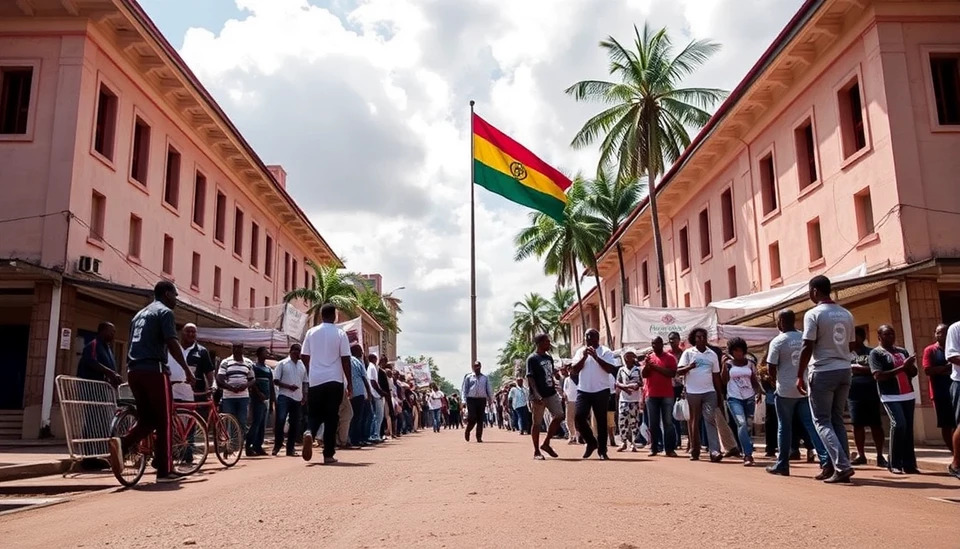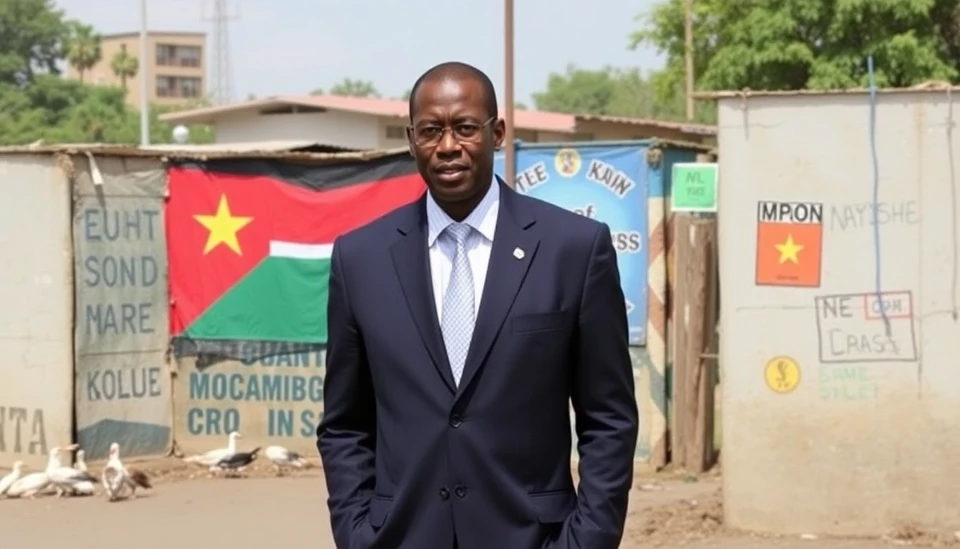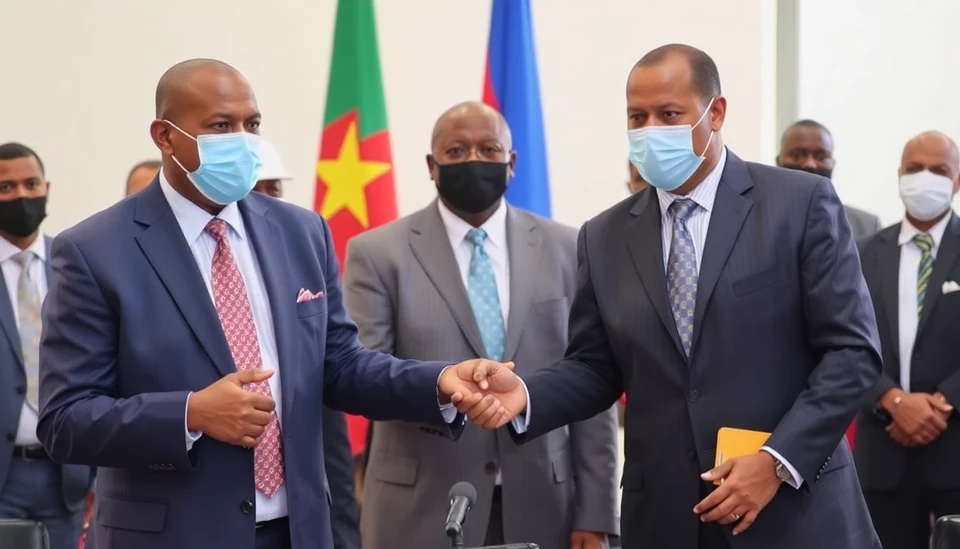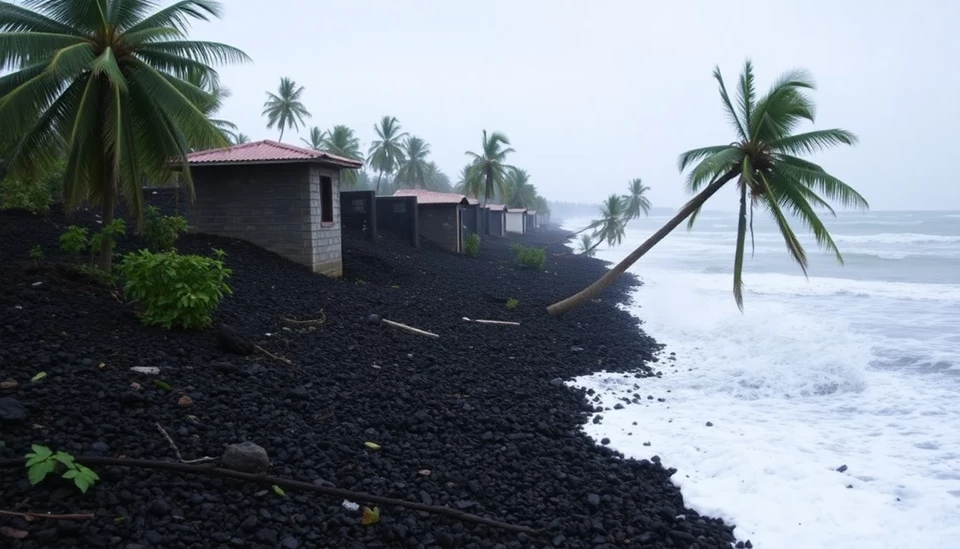
In a decisive move aimed at stabilizing its economy amidst increasing social unrest, Mozambique’s central bank has announced cuts to both its key interest rate and reserve requirements. The adjustments reflect the government’s urgent response to a challenging economic landscape, characterized by high inflation and growing discontent among the population.
The Bank of Mozambique has reduced the key interest rate from 15.25% to 14.75%. This 50-basis-point cut is part of a broader monetary policy strategy intended to ease the financial burden on citizens and businesses. By lowering borrowing costs, the bank hopes to stimulate economic activity and provide relief to families facing rising prices for essential goods and services.
In addition to the rate cut, the central bank has also lowered the reserve requirements for commercial banks. The new policy enables banks to retain a smaller percentage of their deposits, thereby increasing the liquidity in the banking system. This move is expected to foster an environment conducive to lending, which is vital for economic growth, especially in a period marked by rising unemployment rates and declining purchasing power.
The decision comes on the heels of heightened tensions in the country, spurred by a combination of economic hardships and recent violent protests. Citizens have been increasingly vocal about the difficulties they face, including steep price hikes on groceries and fuel, which have disproportionately affected the most vulnerable segments of the population. The government's immediate aim is to relieve some of the pressure and restore public confidence in its economic management.
Experts suggest that while these measures may provide some short-term relief, the government must also address underlying structural issues within the economy. Criticism has been directed at the government's handling of economic reform, as well as its failure to combat corruption effectively. These persistent challenges, combined with a lack of infrastructural development, could undermine efforts to achieve long-term economic stability.
The international community is closely watching Mozambique’s economic trajectory, especially given the nation's significant natural resource wealth. Effective management of these resources remains critical for the country’s development, and many believe that prudent economic policy and governance reforms will be essential to overcoming current adversities.
As Mozambique navigates this complex landscape, its leadership recognizes that quick fixes are not sufficient. Comprehensive strategies addressing broader economic variables will be necessary to achieve sustainable growth and mitigate future unrest.
In summary, the central bank's recent measures highlight a responsive approach to pressing economic challenges, but the path ahead remains fraught with difficulties. Stakeholders in Mozambique are hopeful that these bold yet necessary steps will pave the way for more stability and improved living conditions for all citizens.
#Mozambique #Economy #InterestRateCut #ReserveRequirements #SocialUnrest #EconomicPolicy #Inflation #BankingSystem #PublicConfidence #GovernmentReform
Author: Daniel Foster




